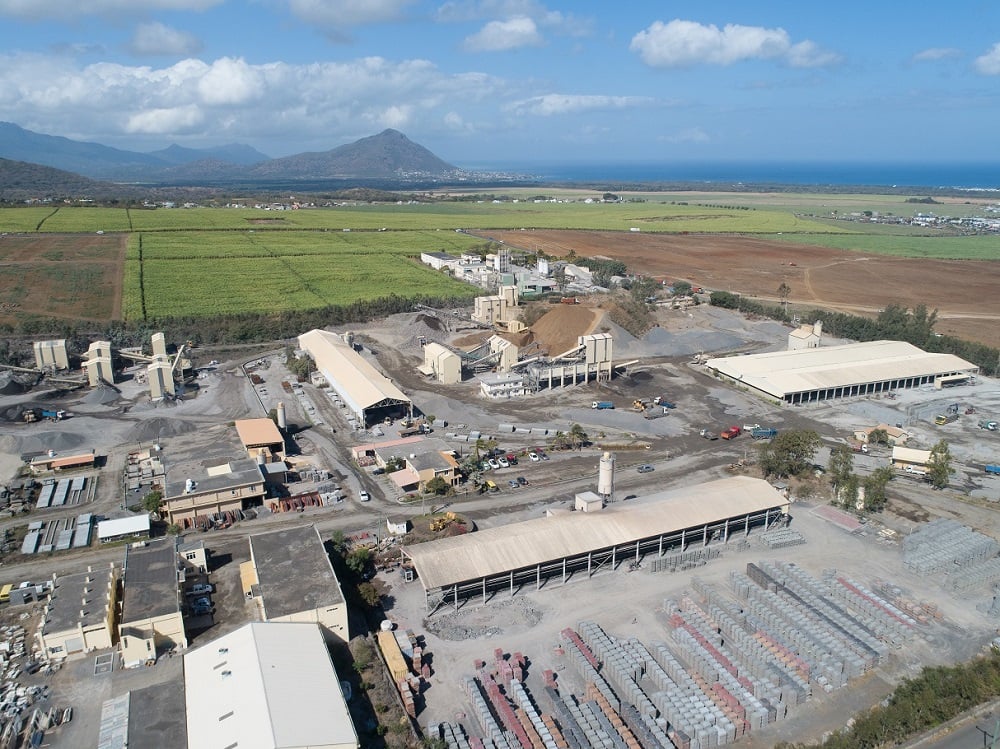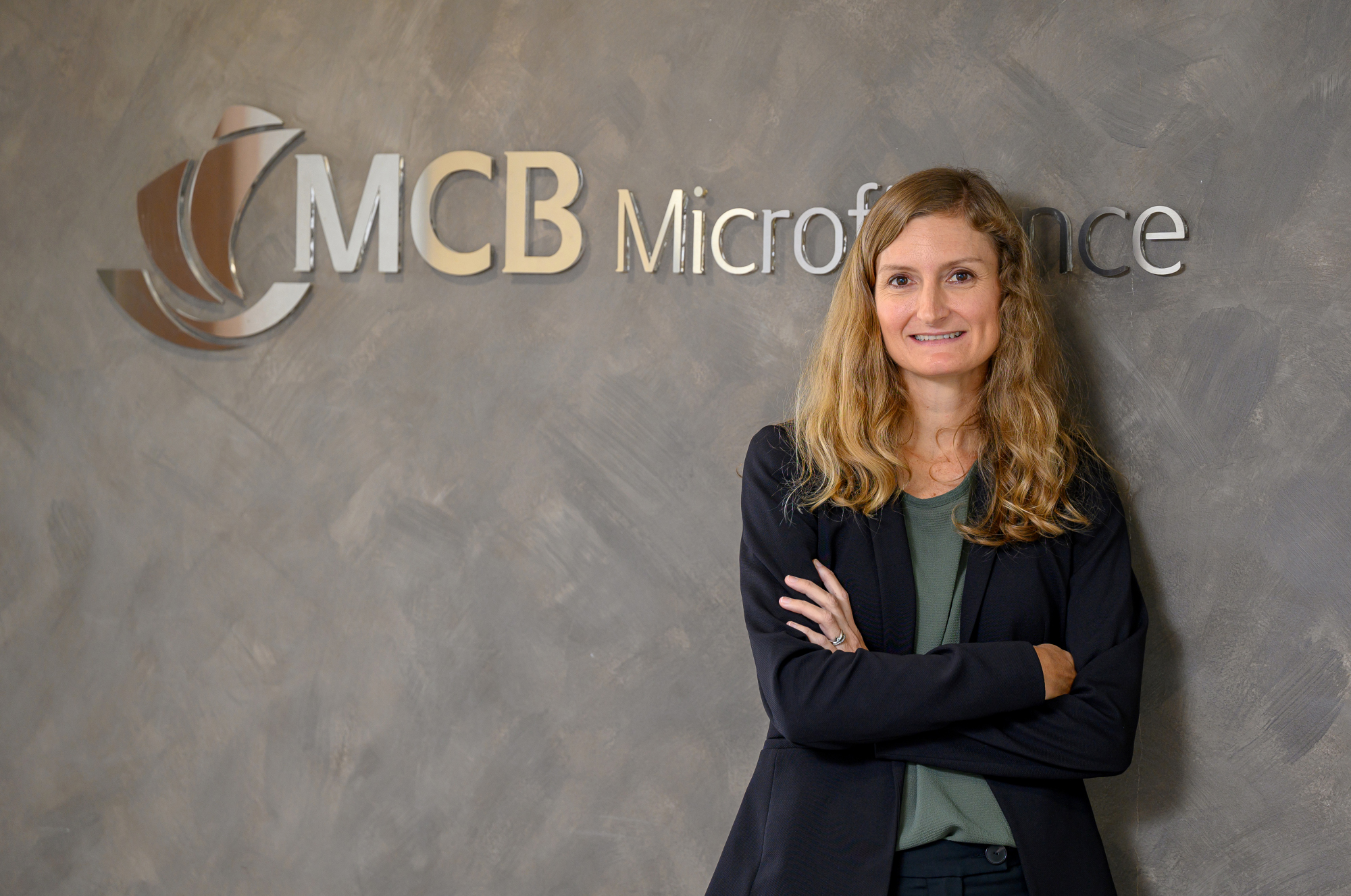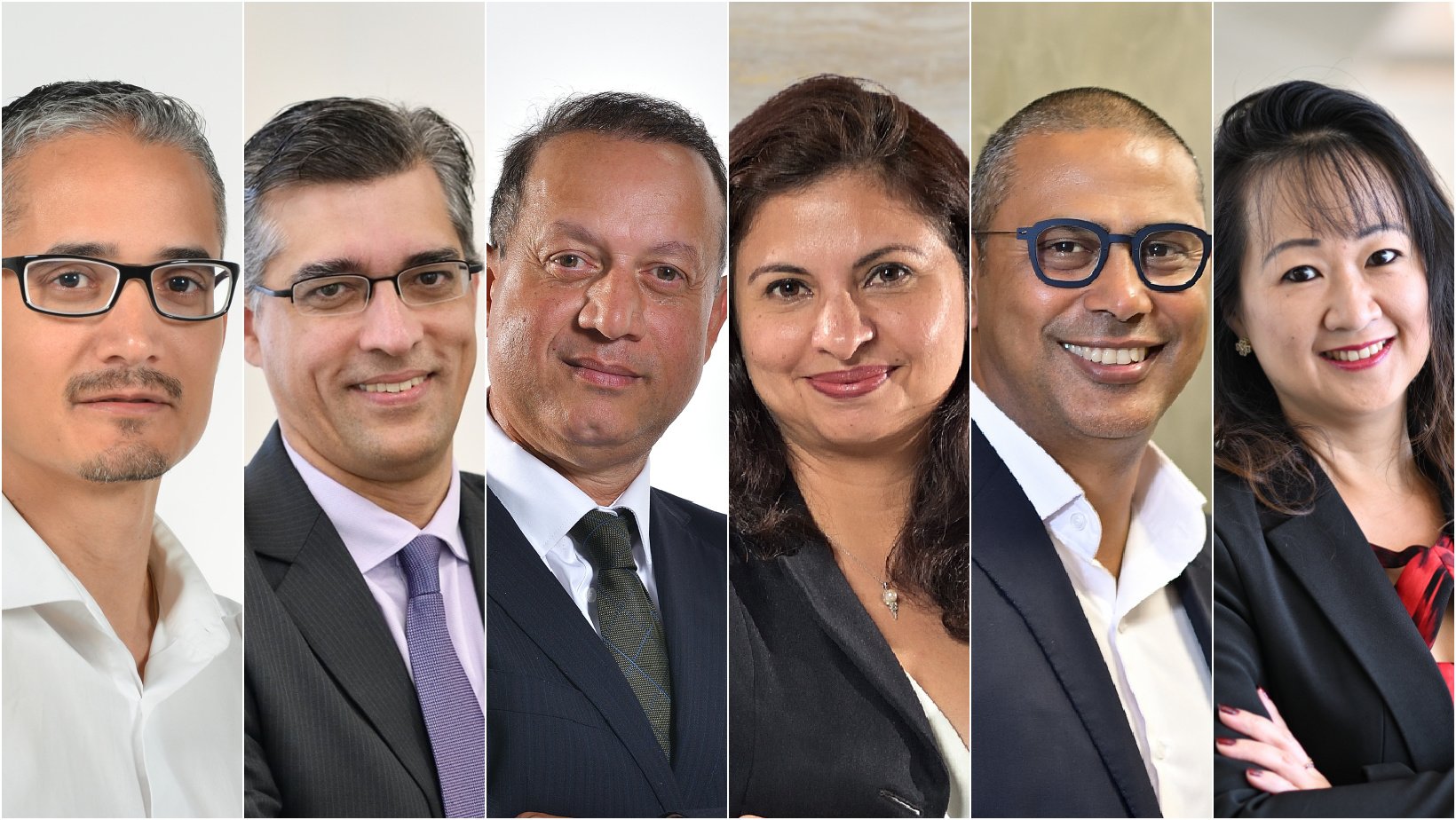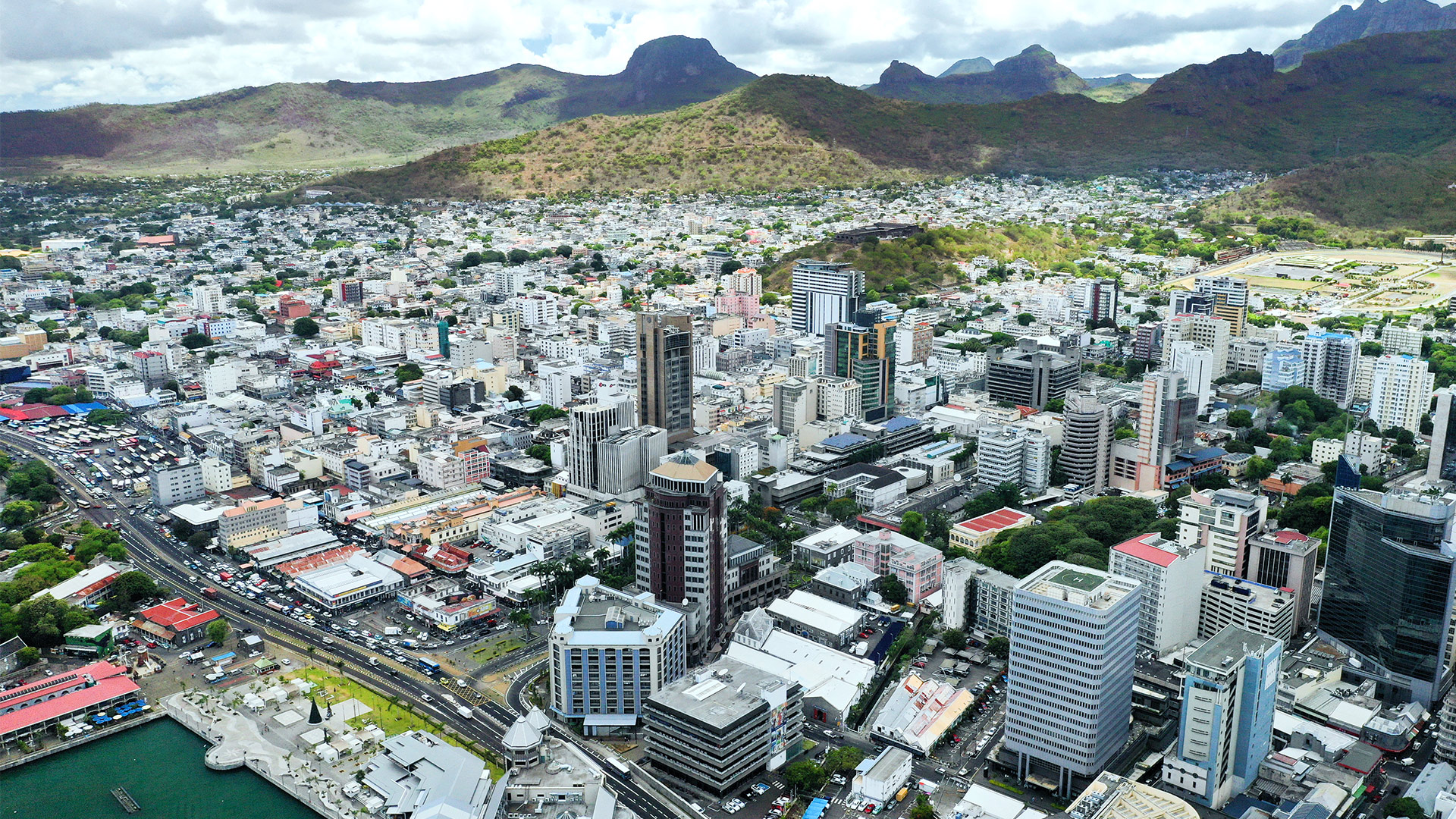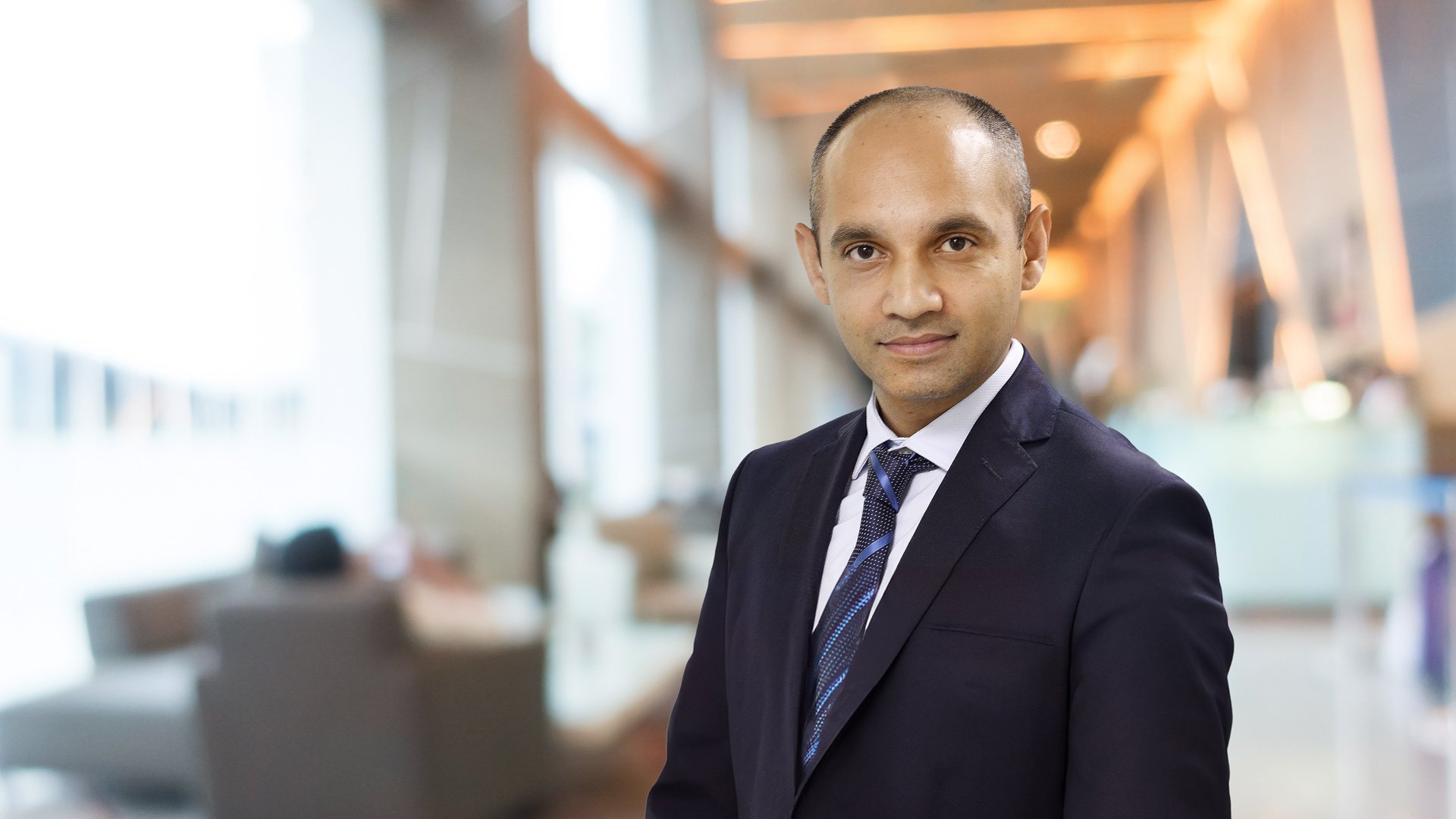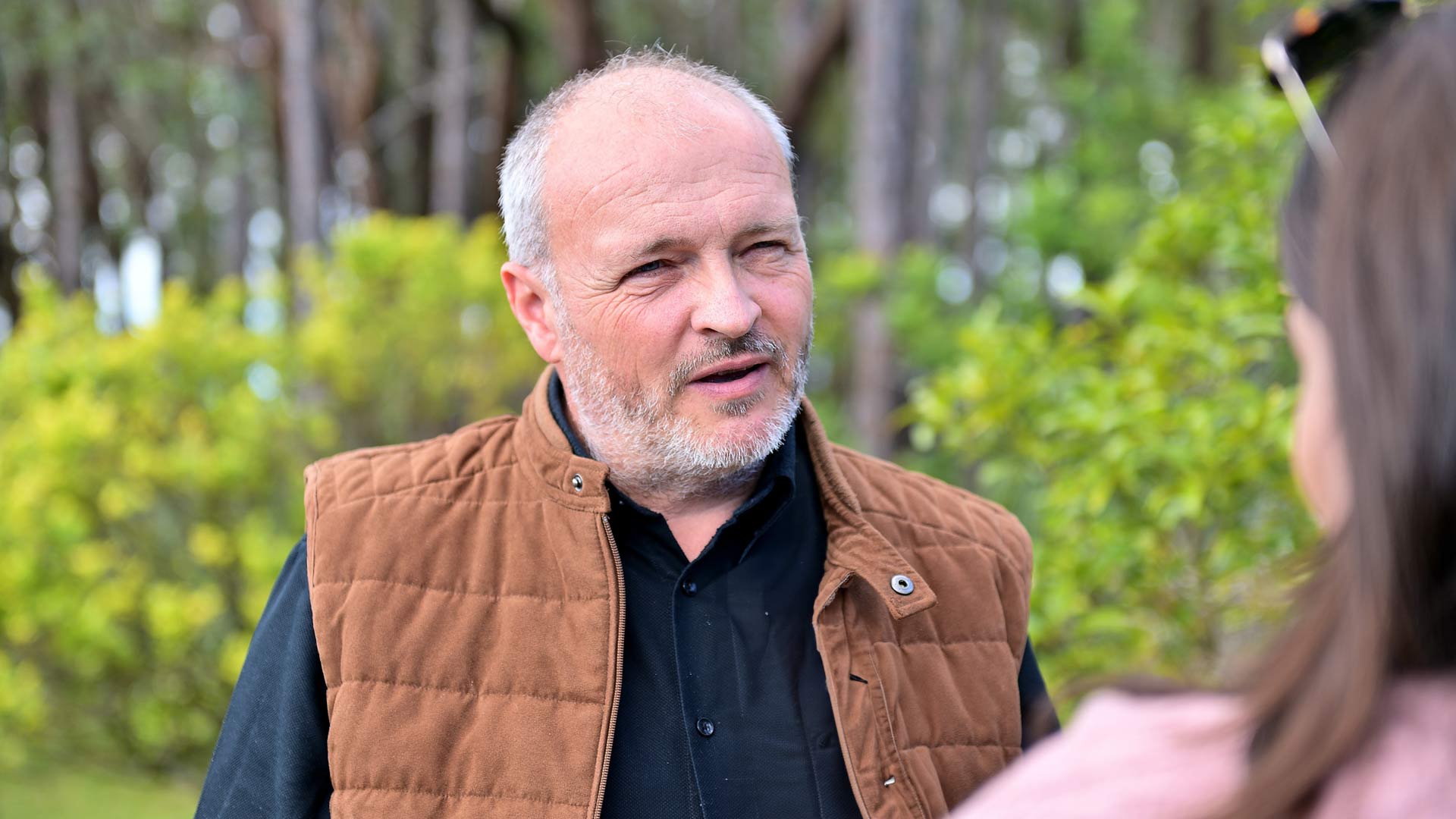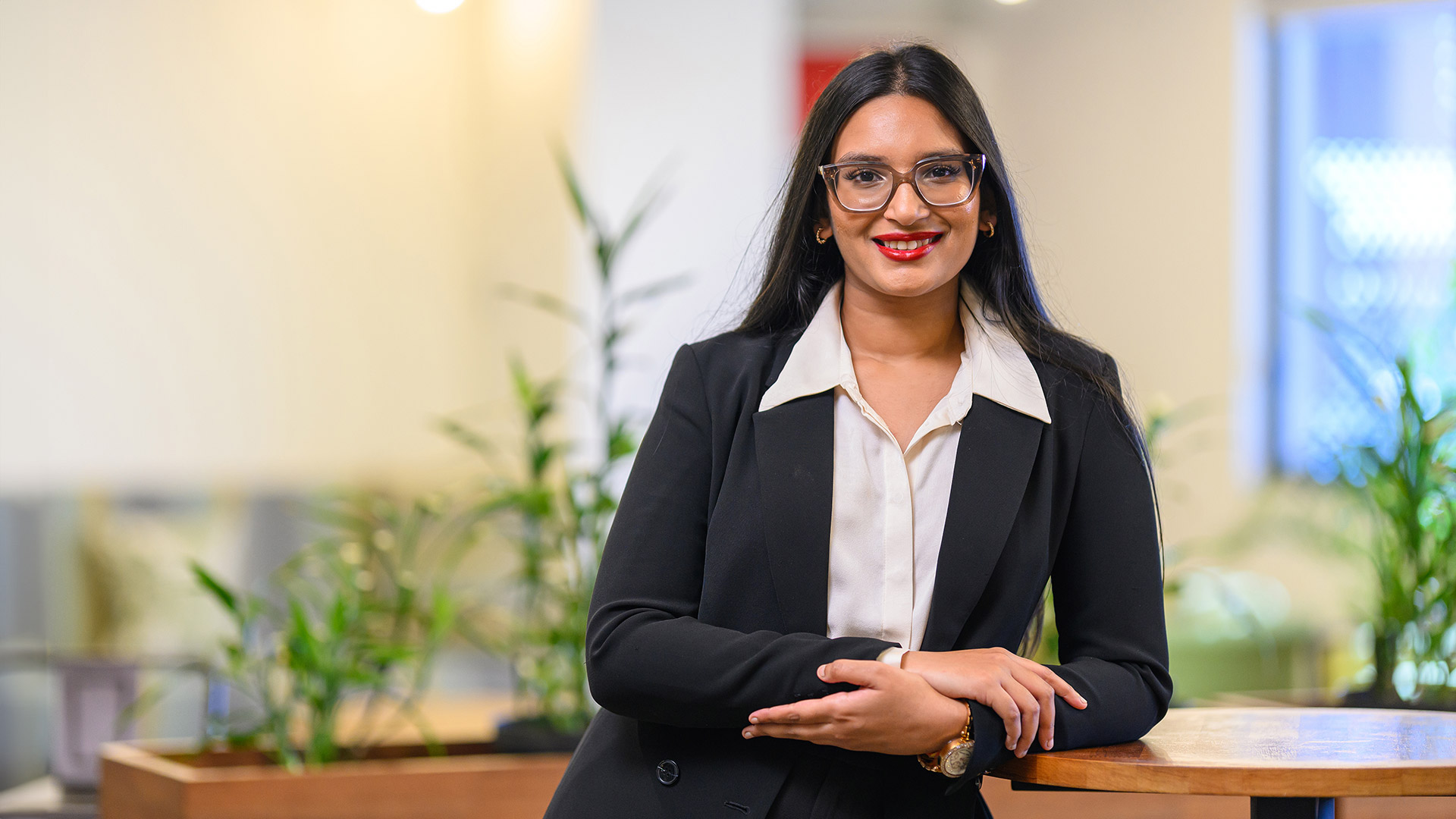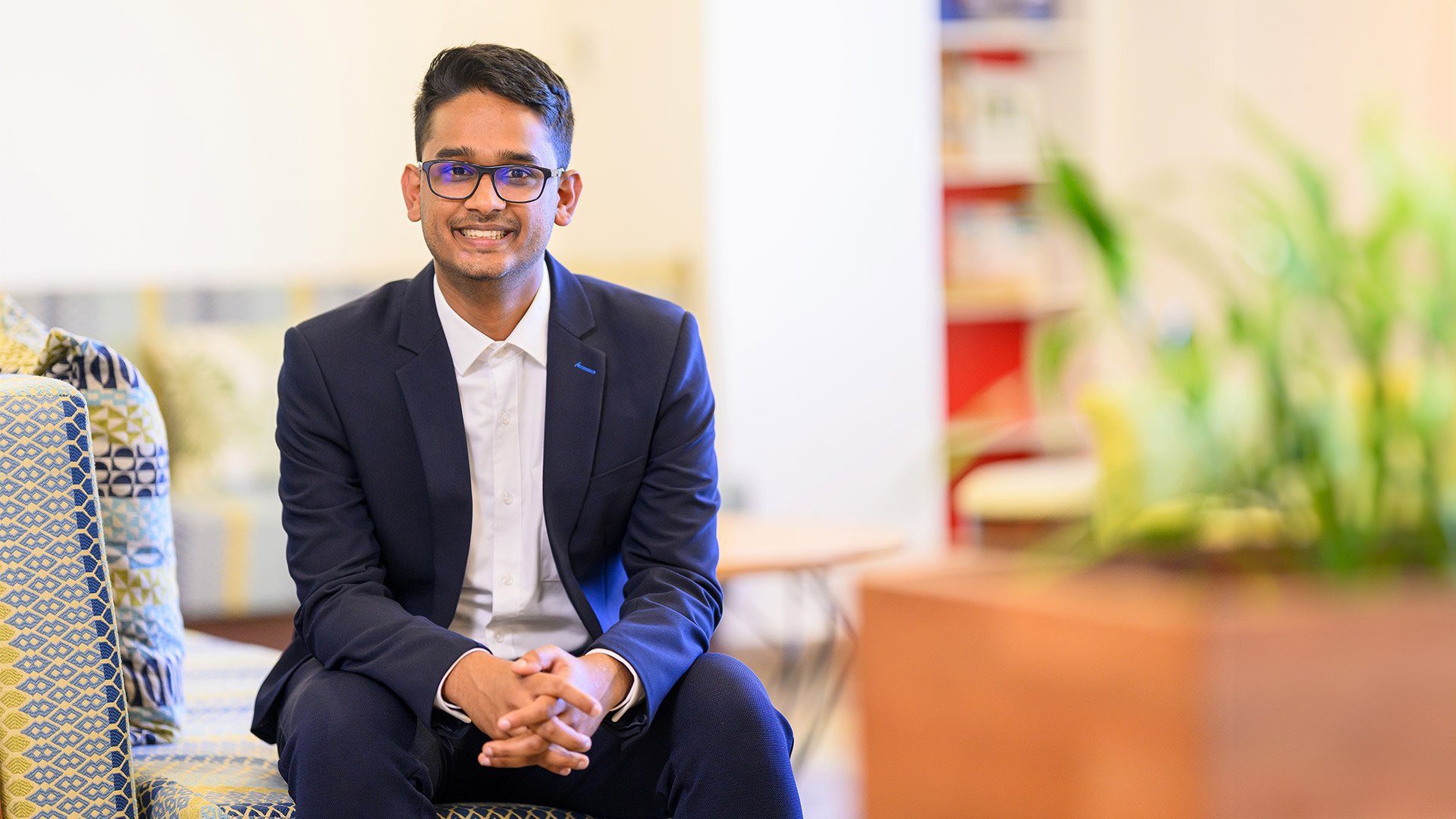- Home
- Investor Centre
- Sustainability
- Talent
- News
- TH!NK
- Corporate Governance
- Company Profile
- Board of Directors
- Community
Contact Info
Driving energy-conscious sustainable investment underpinned by a pan-African presence

In an interview with Global Investor, Alain Law Min, CEO of MCB, discusses the bank's shift away from coal financing, sustainability efforts and digital transformation.
In 2019, MCB announced its decision to cease financing coal-fired plants in Mauritius. What have been the benefits and opportunities realized since then?
In 2018 we launched our corporate sustainability program, which we coined Success Beyond Numbers. It had three main pillars: How do we promote the local economy? How do we preserve our environment and the local culture? And how do we ensure the well-being of our employees and the broader community? We thus defined our roadmap, of which preserving the environment has been a significant element. Since 2018, Mauritius has been a signatory to the Paris Agreement on net zero by 2050, and we were already adhering to Equator Principles.
Then came the prospect of financing coal biogas plants. We asked ourselves in 2019 what the trajectory would be in 10, 15, 20, or 30 years. Since these are long-term projects, we thought we should say right away that we couldn’t do it because, realistically, we will still be using coal beyond 2030. It was a difficult decision because it affected our key clients. However, although they were disappointed, they understood and accepted our position. Now we see more and more of the public sector being involved and public-private partnership.
What have the key challenges been?
During the pandemic, people became much more conscious about energy security and more aware of things such as the erosion of our coastline and flooding we‘ve suffered recently. These occurrences are gradually causing people to think more about how we can be more sustainable for Mauritius because we‘re also a tourism country and want to preserve that ecosystem for the future. It was challenging initially, but as people became increasingly conscious about the environment, they – especially our major corporate customers – also became more aware that they should be too. This was both on the private sector and the government side. Now we see more and more of the public sector being involved and public-private partnership is starting up on a number of things.
Since 2010, we‘ve been active in the line of credit with AFD Group’s Green Finance label Sunref. We‘ve since promoted it, and people have started to become aware that it costs more in terms of investment into sustainable projects, but that it makes sense in the long-term.
Digitization was accelerated during the lockdown. Has that helped the bank and ultimately its customers?
We were lucky to have started in 2018 with a big project on digital transformation. This enabled us to get our systems software and hardware ready, build on that, become more digital and provide customers with that digital experience in dealing with us. We already had a popular mobile app, MCB Juice, on which we build many of our payment systems, and we also offer products and services via the mobile app.
By the time the pandemic arrived, we were, therefore, digitally ready to cope when customers could not pay with cash and were forced to use their mobile app for payments. It was an instant success, and our mobile app increased from about 300,000 subscribers in 2020 to more than 500,000 today. Recently we also launched Pay+, a merchant application, in Mauritius. In many ways, we have the sophistication of the European market, but we are lagging behind in small and medium-sized enterprises. There are still many small entrepreneurs who do not accept card payments. We want to equip them so that they can do so. At the start of the pandemic, the ratio was about 60% cash utilization versus 40% for electronic payment cards, and now that ratio has reversed, with cards at 60% and rising.
April saw the first-ever bond issuance in the international markets of any Mauritian corporate when MCB launched its inaugural five-year $300 M notes issuance. What does this mean to investors?
The bond issuance was nearly twice over-subscribed. People are now accepting MCB instruments at a lower interest rate than when we first issued them, but we wanted to ensure we came on the market with the correct pricing.
During the roadshow, we spent a lot of time explaining about Mauritius, because people know the country as a tourist destination but not a financial center. It was, therefore, useful to explain what Mauritius is all about, that it is a gateway into Africa, and how it has become the financial hub it is today.
Now we have a benchmark to look ahead. We are constantly interacting with our investors to talk to them about the performance of MCB and the country‘s performance. Now that we‘ve had the first issue, the intention is that we will keep issuing bonds for the future.
Can you outline some of the key partnerships and robust relationships that have arisen from MCB’s expansion?
Our strategy on the continent has always been to have hubs where we can cover our different markets. We are already present in Paris, Johannesburg, Kenya, and Dubai and soon, we hope, we will be in Nigeria. With those hubs, we intend to have a better source of intelligence about our corporate customers and the associated environment.
In Kenya, we have a niche strategy in four main areas of activities within our international expansion: trade finance in oil and gas; global international corporates that use Mauritius as an IFC and invest in Africa; as a financial institution, dealing with banks across Africa; and private banking and wealth management. Based on those four niche segments of clients and businesses, we aim to achieve better coverage by spreading hubs across various parts of Africa.
Subscribe to our Email Alerts
Stay up-to-date with our latest releases delivered straight to your inbox.
Contact
Don't hesitate to contact us for additional info
Email alerts
Keep abreast of our financial updates.





